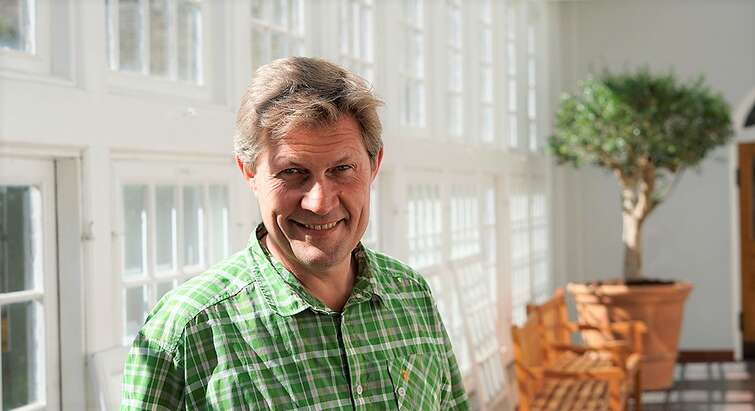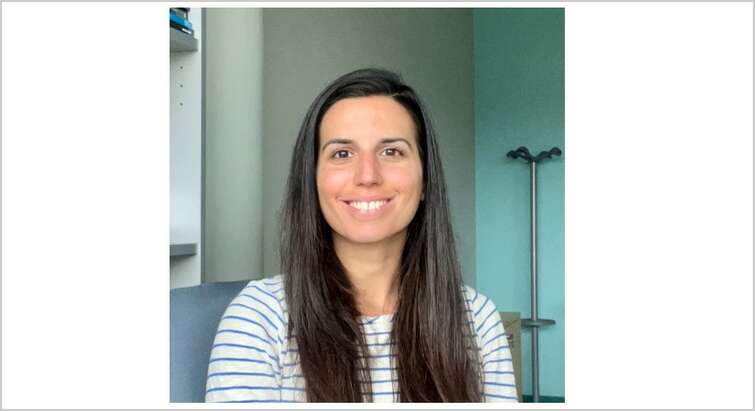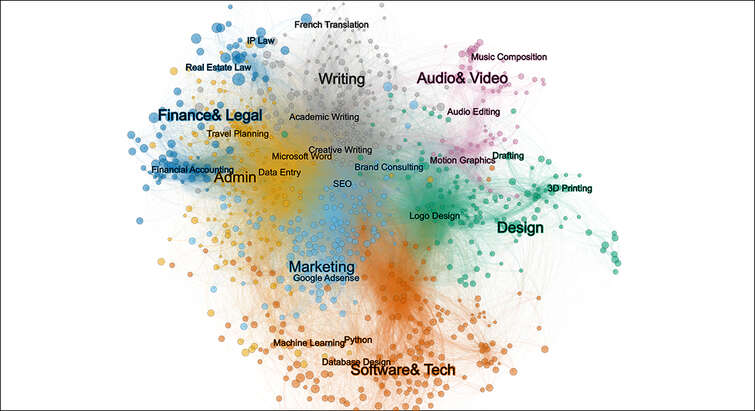
News about Society
Viser 769 til 792 af 1506 dokumenter.


Book Symposium: Pentecostalism and Politics

First GOLD LEAF Certificate at ISIM

Major EU grant will make metal alloys the catalysts of the future

Dietary transition requires work: exploring the practice-transition processes of young Danish meat reducers

New paper on flood impacts on urban mobility

New Visiting Researcher at MOBILE - Virginia Passalacqua

Jaya Ramji-Nogales and Nikolas Feith Tan join MOBILE

Discovery of a unique fungal enzyme

New Visiting Researcher at MOBILE - Stein Arne Brekke

Presentation at the IFA Congress 2023 in Cancún by Associate Professor Marta Papis-Almansa

Brian Andersen

New book from Nordicom

New special issue of Diplomatica spawned by CEMES-hosted workshops

New study: Pig welfare outweighs climate concerns for consumers

New study: Pig welfare outweighs climate concerns for consumers

Nuno Grancho gave a conference paper at Harvard, MIT and Brown Universities

Tackling legal and regulatory barriers to health and life science innovations

Wokewashing undermines the credibility of CEO sociopolitical communications

Your phone gives your mind what it likes the most: endless possibilities for novelty

Danish healthcare interpretation fee rules negatively affect immigrants’ access to healthcare

Microalgae could become your climate-friendly favorite dish

Strong AI skills significantly raise salaries

